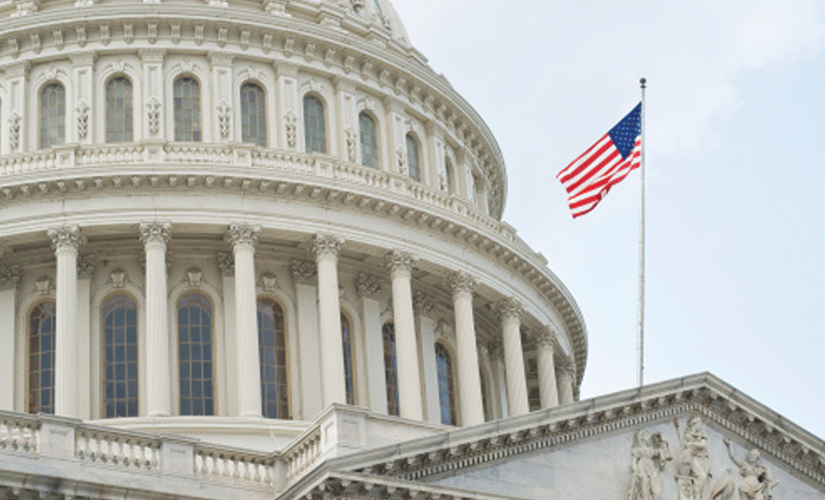A New Era of Special Forces and the Future of Special Operations

By: Bryce Kelly, Pomona College – NDIA Strategy and Policy Intern
The FY ’22 defense budget provides perhaps the best insight into how the field of SOF is expected to change and represents the beginning of what will likely be a new era of special forces.
On 21 July, the House Armed Services Subcommittee on Intelligence and Special Operations, led by Chairman Ruben Gallego, held a hearing on “Review of the Fiscal Year 2022 Budget Request for U.S. Special Operations Forces and Command.” Mr. Joseph McMenamin, PTDO Assistant Secretary of Defense for Special Operations/Low Intensity Conflict, and General Richard Clarke, Commander of U.S. Special Operations Command (SOCOM), were in attendance as witnesses, providing testimony on the state of the Department of Defense’s Special Operations Forces (SOF). Together they represented the community which has born half of all U.S. combat casualties over the past two years, and provided insight into the current and future needs and abilities of America’s special forces.
Much time was spent focusing on the variety of ways SOCOM could improve the mental preparedness and wellness of its operators. General Clarke confirmed that he had made it a goal to ensure SOF soldiers have a deployment time to dwell time ratio of one to three, with a minimum ratio of one to two, in order to prevent mental deterioration. This could be achieved, explained General. Clarke, by leveraging allies and partners and by re-assigning missions that can be completed by non-SOF forces to other personnel. When Rep. Scott (R-GA) pressed for information how great power competition would change the nature of SOF operations, Gen. Clarke described that while counterterrorism operations generally demand direct-action missions, great power competition would mean SOF operators would more likely focus on “irregular warfare competencies and training surrogate forces.”
The most controversial issue by far was SOCOM’s Armed Overwatch program, where “60 aircraft… divided into four squadrons of 15 each” with “one squadron of 15 aircraft deployed at any one time” providing “intelligence, surveillance, reconnaissance… and munitions support.” While the program was designed with Africa in mind, General Clarke promised it could also “can be used globally, not just in Africa. Wherever we need (it) overhead, be it the Philippines or Thailand.” Reps. Kelly (R-MS) and Waltz (R-FL) were especially keen, with Rep. Waltz saying, “for a dozen years, we have been messing around with this program and our operators down range, including myself in many occasions, couldn’t get the air support… that they needed… we have third parties, the Air Force, and SOCOM, and now the President's budget all saying it's a need and we certainly hope we can find that support here.” Others, however, were more cautious. “In 20 years of being on the subcommittee and years of being on the committee -- it's almost suddenly coming across a program called Armed Overwatch that wasn't there and now it's there. And that usually doesn't happen. Usually, there's a longer process to set requirements, to walk us and to, even walk the Pentagon into a program that you need. And so in my view, the program deserves a lot more -- a little less love than it's getting and a little more scrutiny than it's getting.”
The FY ’22 budget cuts to SOCOM was another point of concern for some Members. The total budget is a $495 million decrease from FY ’21, a 3% cut when factoring in inflation. When asked about the cuts, General Clarke affirmed that SOF operations and maintenance would remain steady, but warned that they were taking reductions in military construction and R&D. General Clarke also stated that “crisis response, underwater capabilities… and next generation intelligence, surveillance, and reconnaissance systems” were his top unfunded priorities.
With increased dwell times, the Armed Overwatch program, and initiatives to “share the load” with allies and other forces, the hearing suggests that the U.S. SOF of the future will be used less often and in increasingly narrowly defined roles, such as to build and support surrogate forces. While there is plenty of controversy surrounding the best use of SOF, SOCOM is already aggressively pursuing ways to minimize the risks to its operators and looking for ways to provide support to them both on and off the battlefield. Time will tell how much more specialized America’s most elite fighters will become, and how effective initiatives to delegate SOF’s missions to alternatives will be.
Topics: Special Operations


Comments (0)